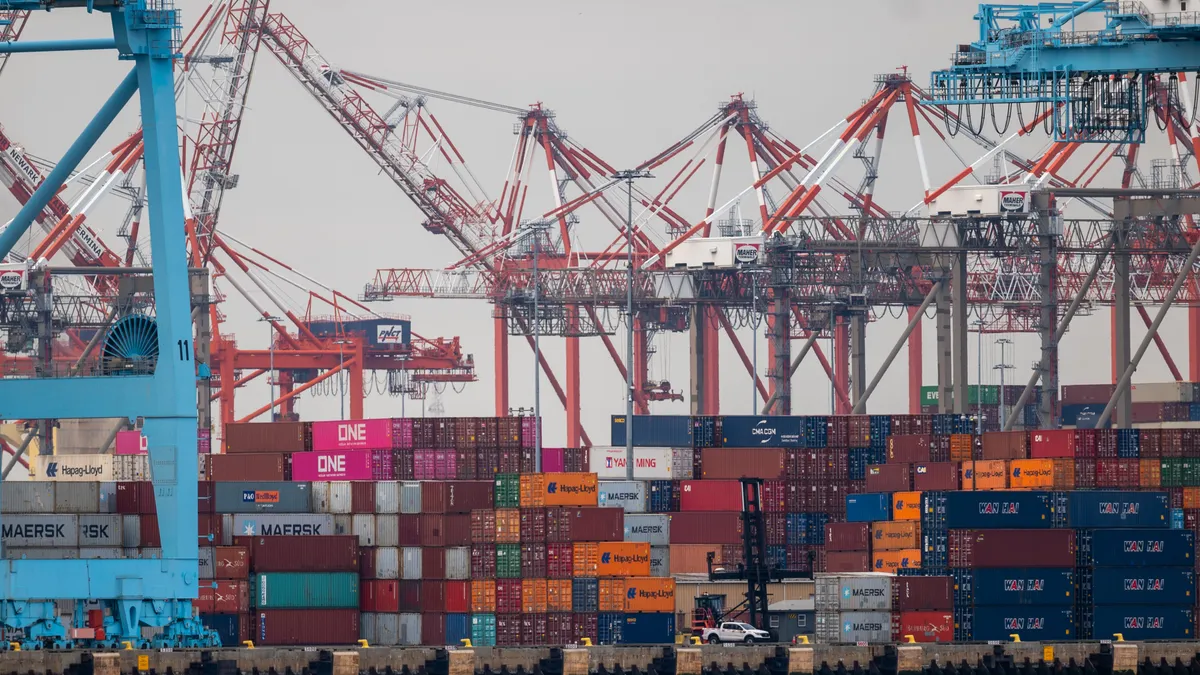Dive Brief:
- The explosive defects of the Samsung Galaxy Note7 were due to issues with the phones' batteries, which were produced with defects by both Samsung Electronics' primary and backup suppliers, according to the results of independent investigations, released by Samsung Sunday.
- Two investigations agreed upon the root causes of each supplier's battery defect, while a third investigation sought to identify other contributing factors along the supply chain. The third investigation did not find issue with the supplier factories or logistics processes, however.
- The company has unveiled an eight-step quality control program, which ramps up the frequency and supplier engagement in checking for issues with batteries, according to The Wall Street Journal. However, the WSJ graded the new program as "lacking" because, while addressing the core material problem, their editors argue that Samsung failed to recognize that the common link in the two suppliers' battery problems was their buyer.
Dive Insight:
In many ways, the case of the Galaxy Note7 recalls is an example of what not to do when faced with product quality concerns. Add "placing blame on suppliers" to that list, particularly if switching suppliers once did not actually solve the problem.
Samsung recalled the Galaxy Note7 a first time Sept. 2016 after it was revealed the phone's battery could catch fire and cause injury. The company offered replacement phones, a process which would have taken at least two weeks to produce, but the product's new battery — made by a different supplier — was plagued by different quality issues, leading the company to a full production halt and a second recall. Roughly 2.5 million phones were recalled by the end of the process, according to The Washington Post.
Recalls happen all the time, but while the Samsung case rose to infamy due to its flammable and potentially injurious nature, the revelation that Samsung's primary and backup suppliers independently produced a faulty phone component is equally remarkable. Or, as the Journal put it, "That’s like a meteor striking your house—twice."
What was a supply chain problem was resolved by an operations solution in this particular case. However, batteries will be subject to more strict quality controls to avoid future issues. Recalls damage a brand's reliability and consumer trust; identifying the problem and promising to catch it next time is hardly a the only step necessary in reestablishing the trust relationship.
While the responsibility for the faulty batteries may lie on the individual suppliers, at the end of the day the suppliers were building for Samsung's specifications. For both to have produced faulty batteries indicates there was either an engineering mistake or lack of specificity at play within the product design level ... that, or astronomically bad luck struck the company.
Previous analyses also have suggested Samsung's rush to production — both before and after the first recall — may have also impacted the finished good's quality. The additional fact that Samsung's battery supplier services other phone makers like Apple, who have not experienced similar issues, places further blame on Samsung for the problems.

















